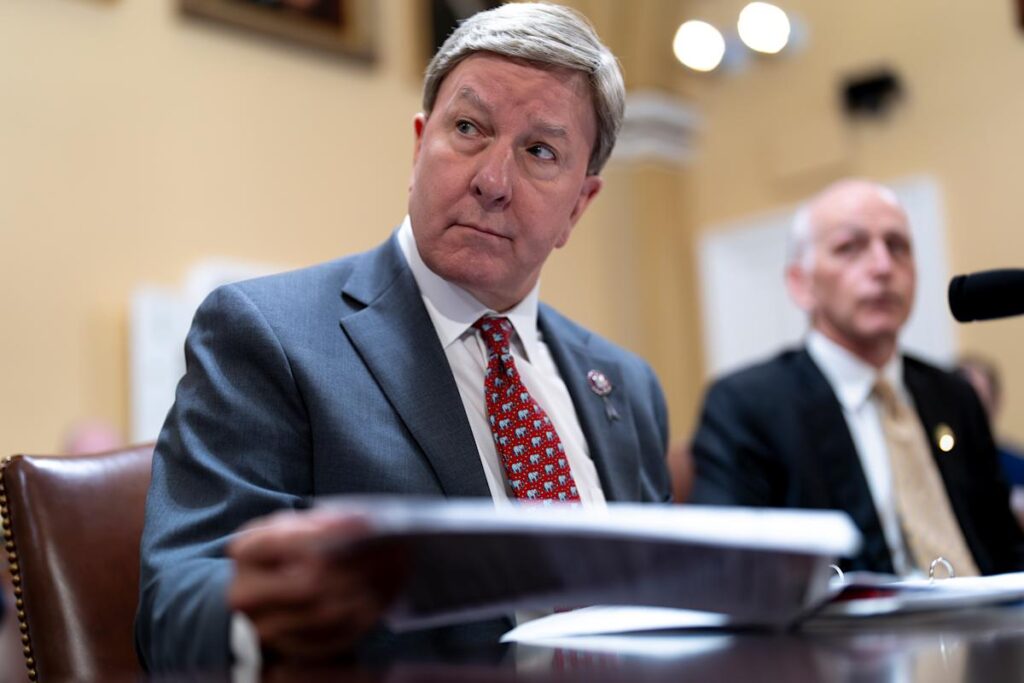House Republicans will seek a $150 billion Pentagon spending hike as part of their party-line megabill, according to three people familiar with the process, granted anonymity to describe private deliberations, abandoning a lower defense target and aligning with plans set by their Senate counterparts.
The upward move by the House is a win for defense hawks, who have been pushing to use GOP’s control of Congress and the White House to maximize military spending.
The House Armed Services Committee will debate its portion of Republicans’ reconciliation package next week when lawmakers return from their recess and committees begin to advance their respective sections of the sprawling domestic policy legislation.
In endorsing a larger defense hike, House Republicans are preemptively smoothing over one of what are expected to be many major differences with the Senate as both chambers work to implement President Donald Trump’s agenda. Republicans still face intraparty divisions over how far to go on Medicaid cuts, the size of tax breaks and how to offset the package’s cost. Punchbowl News first reported the higher House defense spending target.
A budget framework that cleared both chambers earlier this month proposed $150 billion in additional defense spending on the Senate side, while the House settled for a lower $100 billion Pentagon goal. The instructions for House committees in the budget blueprint, however, can be waived with the same majority vote needed to pass a final bill.
Neither chamber’s Republicans have unveiled defense legislation yet, though the final product is likely to fund a mix of immediate needs and long-term programs.
House Armed Services Chair Mike Rogers (R-Ala.) has indicated the package — which his committee is expected to mark up on Tuesday — will help finance the expanded military presence at the southern border. Other priorities, such as Navy shipbuilding, nuclear weapons modernization, space capabilities and Trump’s “Golden Dome” missile defense program are likely candidates to be included in the funding package.
Senate Armed Services Chair Roger Wicker (R-Miss.) is likely to share many of those goals. He has also been pushing for what he calls “transformative investments” in key military areas. His priorities include munitions production, next-generation drones and nuclear modernization.
Joe Gould and Jordain Carney contributed to this report.
Read the full article here
